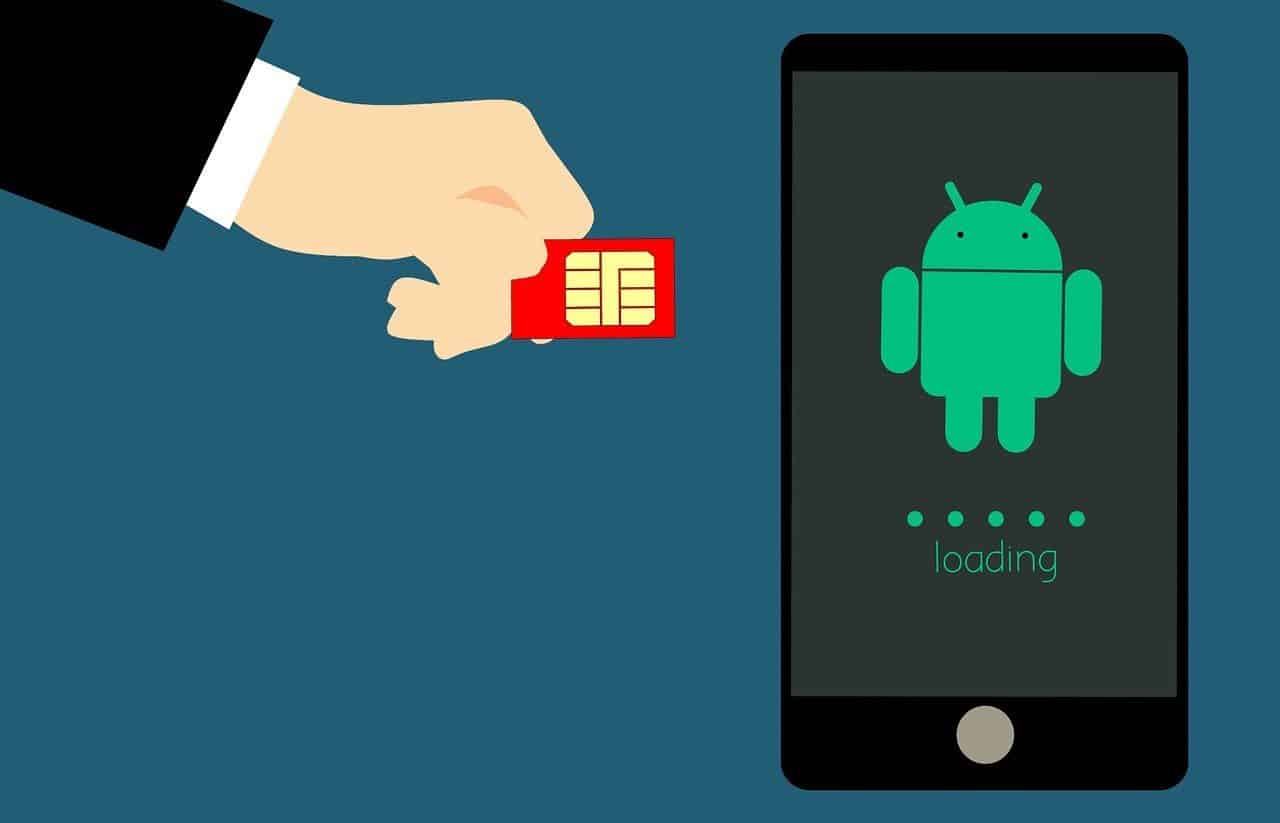
Roaming is also known as roaming.
Roaming is a term not recognized by the Royal Spanish Academy ( RAE ). It is an English word that can be replaced by roaming , a word that, although it is not part of the RAE dictionary, is suggested by the Urgent Spanish Foundation ( Fundéu BBVA ).
The notion of roaming is used in wireless communications with reference to the ability of a device to move between different coverage areas . The concept is frequently used in the field of mobile telephony (also known as cellular telephony ).
Roaming, in this case, refers to the ability of a telephone to make and receive calls beyond the local service area of the company that provides the service . In this way, using roaming, a user can communicate in foreign countries or in regions where their telephone company does not operate.
Roaming benefits
Thanks to roaming, therefore, a person can travel the world with their mobile phone and remain connected, regardless of the specific network that their telephone company has developed. To make this possible, different telecommunications companies establish roaming agreements .
The user generally does not have to complete any procedure or change the way they use their phone to use roaming. However, you will likely have to pay an additional charge for every call you make and even receive on your mobile while you are outside your company's natural coverage area.

Before traveling abroad, it is important to check how roaming works with the telephone company you use.
How to avoid unexpected charges
Although the roaming service is very common and is used by more and more people in all parts of the world, even today it still gives more than one customer shock when it comes time to pay the bill after the trip. It is known that large telephone companies do not clearly communicate the conditions of their plans , as ironic as this may seem coming from a communications company, and that is why users must be very attentive before signing up for any plan. Let's look at some tips to avoid surprises related to roaming:
- First of all, it is essential to review the conditions in great detail, from the activation and deactivation periods to the rates, both for calls and data (Internet use). It is important to note that many companies automatically activate roaming service for their customers as soon as they leave the national network.
- For those users who have not contracted the service, it is recommended to complete the necessary procedures before traveling . This is because in some cases activation is done by phone, either by calling the operating company or receiving a text message with a confirmation code, which is why it is impossible once you cross the border .
- Find out about promotions and special bonuses for the desired rates in the chosen destination. Offers of this type are very common, and if we do not specifically request them, it may happen that we end up paying much more, simply for activating the service by default. To be aware of these issues, it is usually enough to visit the company's website or call customer service.
- Use WiFi whenever possible, since data usage abroad is usually much more expensive than domestically . When activating roaming, it is normal that we have to "say goodbye" to our data plan for a while and start paying for each byte transferred. On the other hand, in all large cities there are more and more WiFi access points that are free or require minimal consumption.
